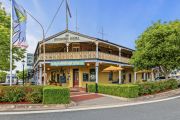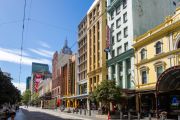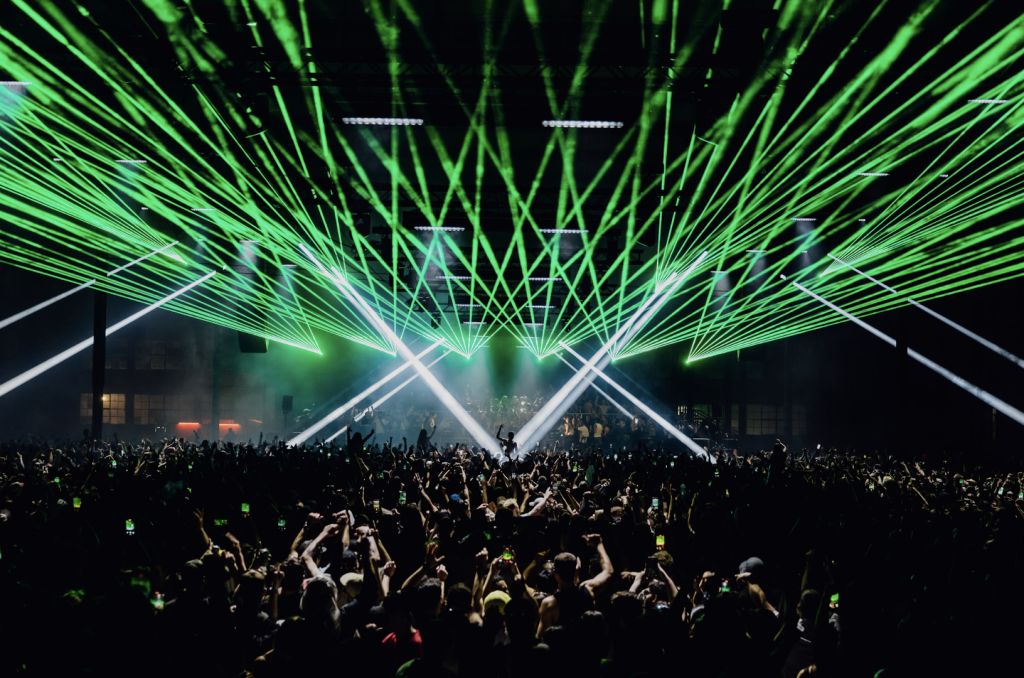
Turning abandoned sites into thriving cultural venues
The Wool Store in Footscray serves as a poignant reminder of Melbourne’s rich industrial heritage. Built in the 1940s and once central to Australia’s post-war wool boom, the red-brick building lies abandoned for most of the year. However, occasionally it transforms into a hive of activity thanks to innovative creatives who reactivate it for some of the most epic raves in the city.
These reactivations do more than entertain; they breathe life back into architecturally brilliant buildings that would otherwise never be experienced. The ripple effect can extend long after the final beat drops, drawing attention to emerging precincts and bringing a new type of consumer to the area, which local businesses can benefit from.
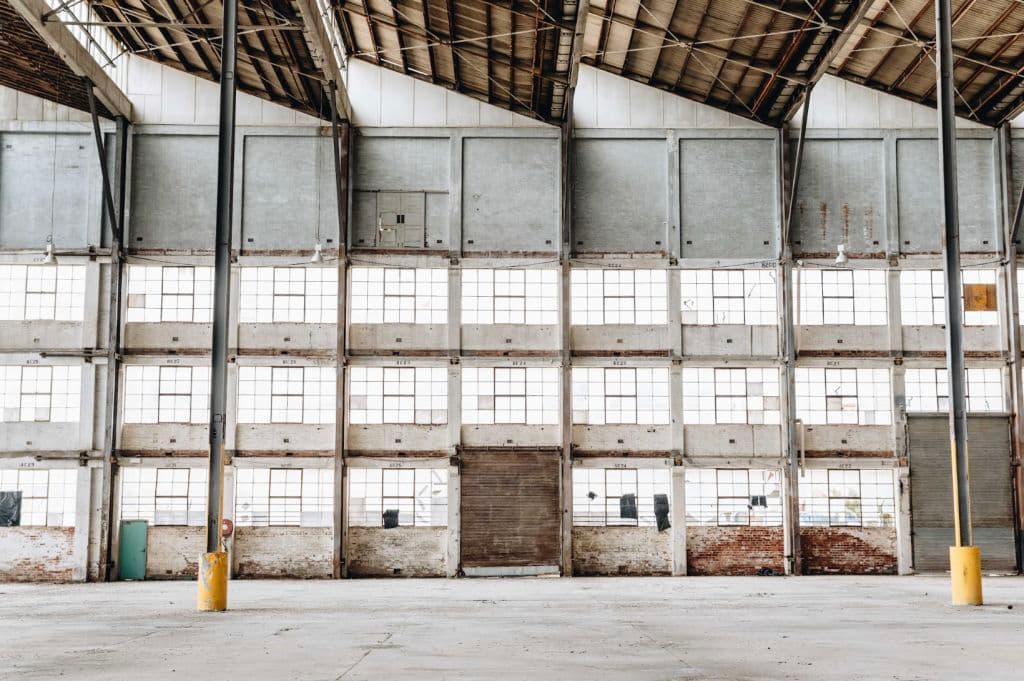
Why it’s a win-win
The attraction of reactivating a space serves both the audience and the landlord. For the average punter, the venue becomes part of the unique experience; for property owners, the opportunity lies in monetising a space that usually sits idle.
Fil Palermo is the co-founder and managing partner of Untitled Group, an independent music and events company responsible for activating some of the coolest unused spaces across Australia. The company regularly uses The Wool Store for events, including their upcoming RÜFÜS DU SOL, slated for November 28, 2025 and X CLUB on 20 December, 2025.
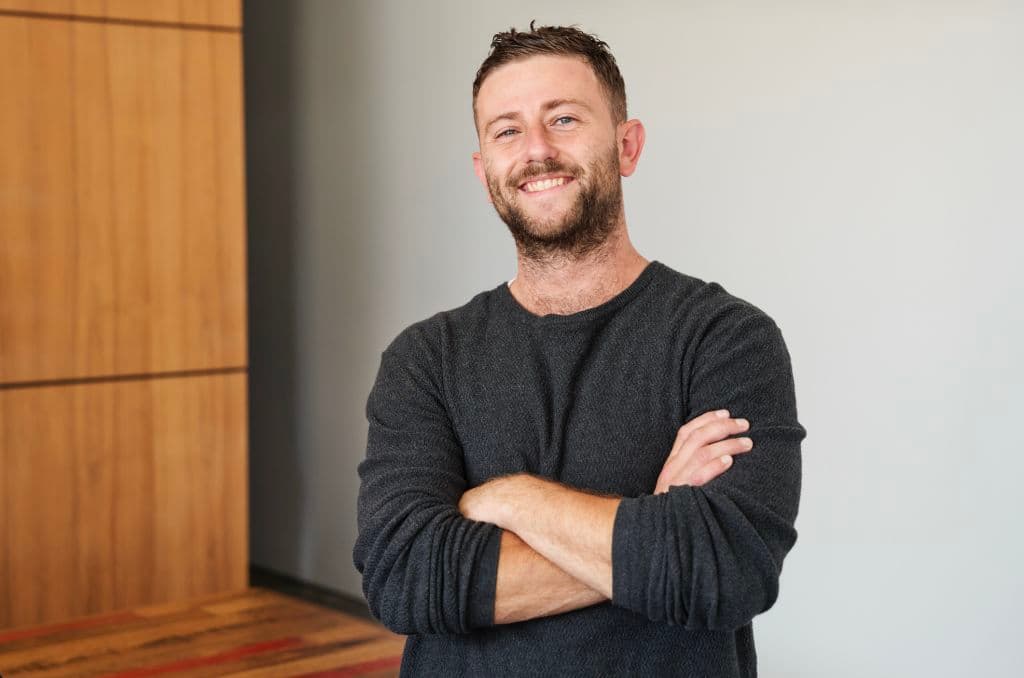
Palermo explains that a great deal of thought and planning goes into selecting the location of an event.
“We initially choose these locations out of genuine excitement and passion, a desire to host artists we love in spaces that would complement the overall experience. One of our key points of difference emerged, forming a foundation of one of our company’s core pillars: We create unforgettable experiences.
“For venues like The Wool Store … people often experience awe or empowerment from the monumental scale of large buildings, mountains and brutalist architecture.”
The effect, he says, can be felt to the core with these kinds of spaces.
“There’s actual science behind this: The space can boost endorphins, activate prefrontal and reward circuits in our neural pathways, and even make the hair on your arms stand up!” he says.
The options for these event spaces are endless: empty shopping malls, warehouses, industrial stores, and even farmland. West Footscray Mall, which has been empty for months, will host Simpatico on November 15, transforming the quaint shopping centre into a dance den.
The question now for landlords and owners: Do you have a space poised for the next cultural moment? Whether it’s a ghost-town shopping centre, a disused car park, or an industrial shell, the opportunity to make it a key part of a cultural experience is there with the right collaborator.
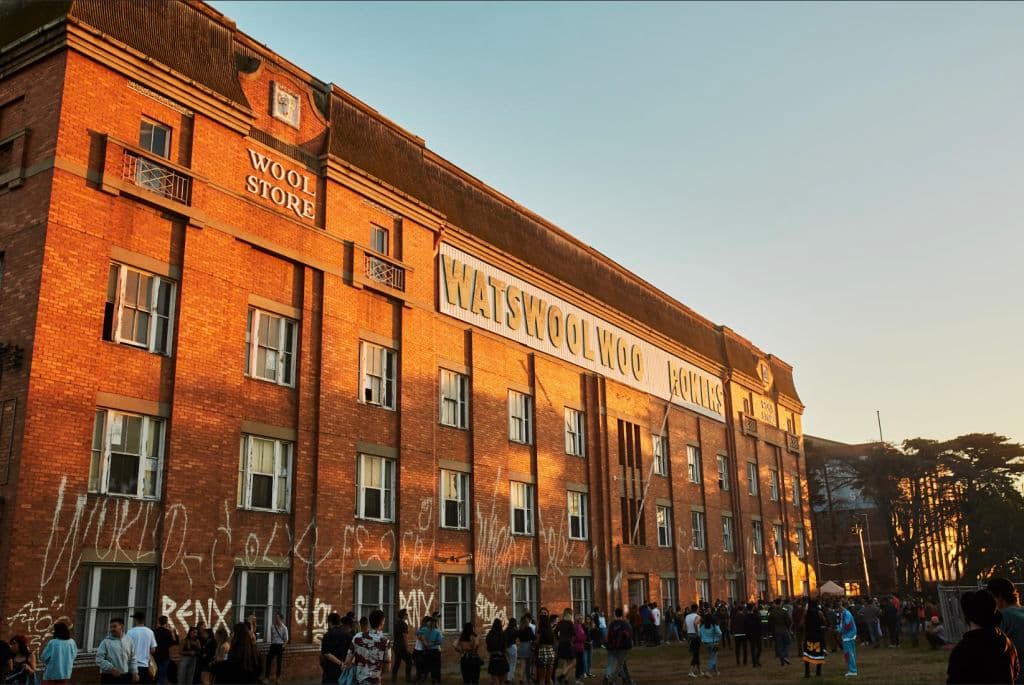
The activation process
Once the venue is found, the activation takes place, which is a lengthy process according to Palmero.
“They take a great deal of time and planning, so we always start well in advance, sometimes beginning a planning permit application up to two years before a site’s first use.”
Palermo also works closely with the local Indigenous elder and senior heritage consultant to gain their approval to hold the event on their Country.
Then, there are negotiations with the landlord, local council, relevant state bodies, and sometimes ministerial approval must be sought, particularly when a site is privately owned and not a public Crown asset.
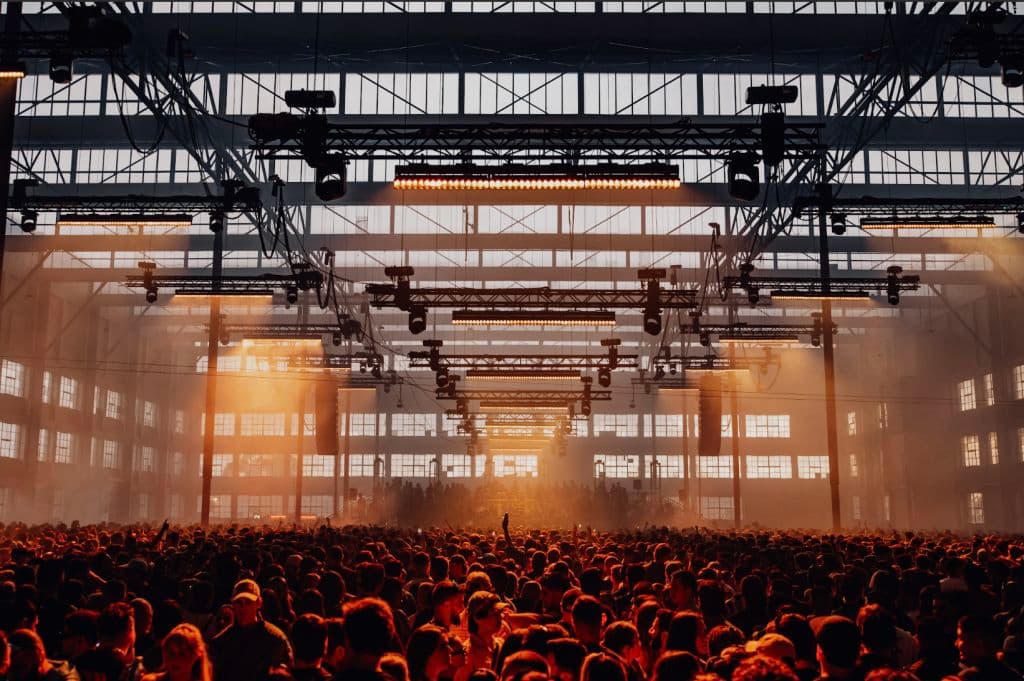
Untitled Group’s Wool Store projects have included heritage considerations, large-scale crowd management, structural and acoustics upgrades, fire and safety systems and statutory compliance.
“We aimed to highlight the benefits Australia and the state of Victoria can share by showcasing the unique combination of live music and distinctive architecture [in the case of The Wool Store], as well as the cultural impact such events can have on our thriving arts sector,” said Palmero.
